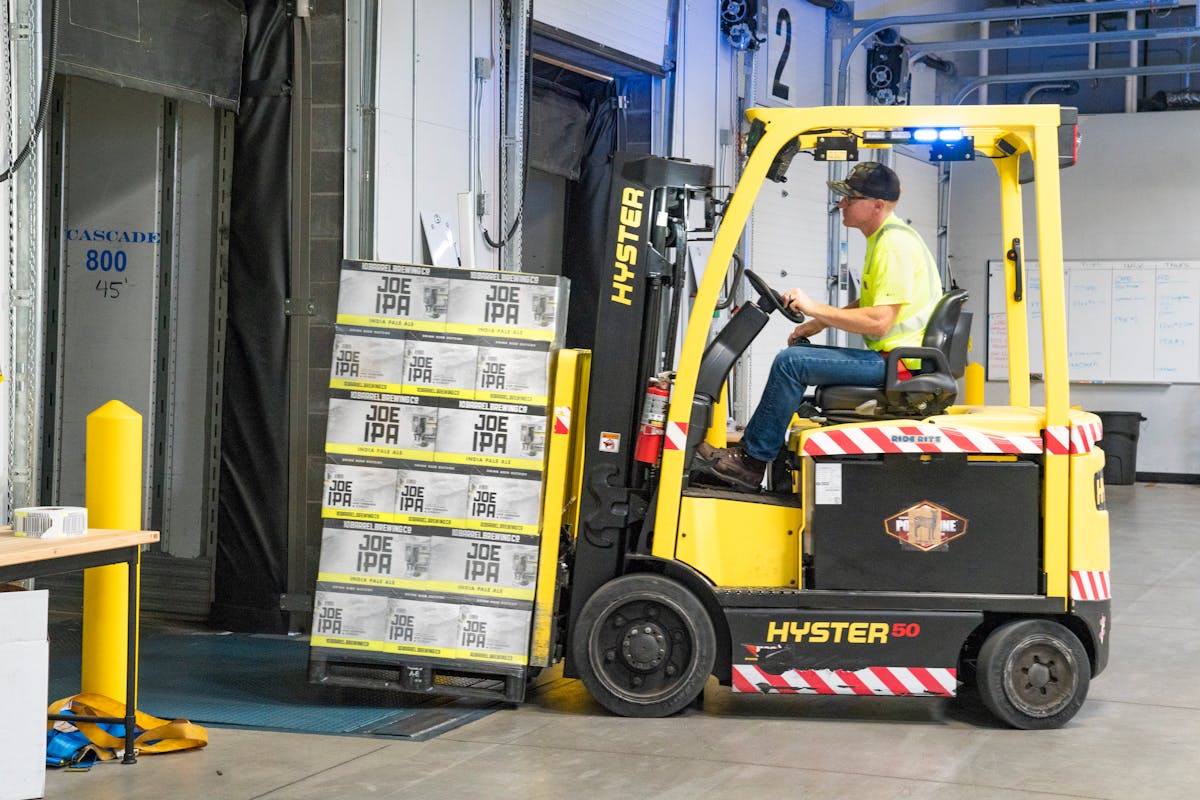- E-commerce is evolving with trends like personalization, AI integration, and mobile shopping, enhancing the consumer experience.
- Sustainability and ethical practices are crucial in consumer decision-making, impacting retailer strategies.
- Adapting to emerging payment options, including cryptocurrencies, is a significant trend affecting online transactions.
- Retailers must prioritize data privacy and security to build trust and ensure customer loyalty in e-commerce.
- Continuous learning, agility, and innovation are vital for thriving e-commerce businesses in a dynamic marketplace.
E-commerce has witnessed an unprecedented surge over the past decade, transforming how people shop, and businesses operate. With continuous advancements in technology and an evolving consumer landscape, the future of online retail is poised to be more innovative and interconnected than ever before. In this detailed exploration, we’ll dissect the key trends that are not only shaping the e-commerce industry but also paving the way for a future replete with opportunities and challenges. This essay is designed for e-commerce entrepreneurs and online retailers navigating the fast-paced digital marketplace and seeking to stay ahead of the curve.
Evolving with Emerging Technologies in E-Commerce
Artificial Intelligence and Machine Learning
The advent of AI and ML is redefining the online shopping experience. These technologies are employed to offer highly personalized product recommendations, streamline inventory management through predictive analytics, and enhance customer service with chatbots that learn from interactions. The future suggests an even deeper integration of AI, where virtual shopping assistants become the norm, offering real-time advice and support to consumers on their shopping journeys.
Augmented Reality and Virtual Reality in Online Shopping
AR and VR are revolutionizing e-commerce by breaking down the barriers of the digital and physical shopping worlds. Retailers are beginning to experiment with AR and VR to provide customers with immersive experiences, such as virtual fitting rooms and the ability to visualize products within their environments. These immersive technologies bridge the gap between the online and offline shopping experience and foster a deeper connection between the consumer and the brand.
The Blockchain Influence on E-Commerce
Blockchain technology offers unprecedented transparency and security, which can significantly impact the e-commerce industry. In terms of payments, blockchain can facilitate secure, peer-to-peer transactions while streamlining the payment process. Additionally, blockchain’s application in supply chain management can enhance traceability, ensuring that consumers can track the origin and authenticity of the products they purchase, thus fostering trust in a brand’s claims.
Responding to Shifts in Consumer Behavior and Expectations
The Demand for Personalization
Consumers increasingly expect a bespoke shopping experience that resonates with their unique preferences. This personalized experience spans from curated product offerings to tailored communication and service. To meet these expectations, e-commerce businesses leverage data to create more personalized user experiences, improving customer loyalty and conversion rates.
Sustainability and Ethical Shopping
There is a noticeable shift in consumer behavior, with many buyers now favoring brands committed to environmental sustainability and ethical business practices. This moral investment in brands is not merely a trend but a structural shift influencing purchasing decisions. E-commerce retailers are, therefore, under pressure to offer sustainable products, reduce their carbon footprint, and adopt transparent supply chain practices to meet these new consumer expectations.
The Inexorable Growth of Mobile Commerce
Mobile commerce, or m-commerce, continues to grow exponentially. With most online shoppers now using their smartphones for purchases, e-commerce businesses must offer a seamless and optimized mobile shopping experience. To capitalize on this trend, retailers are implementing mobile-friendly websites and applications that enhance the buying process for mobile users.
Innovations in Logistics and Supply Chain
Fulfillment and Delivery Innovations

Delivery is the endgame of the e-commerce supply chain, and innovations here are transforming the landscape. From using drones for expedited delivery to the emergence of smart lockers for secure, personalized pick-up, the e-commerce delivery experience is becoming faster and more convenient. These innovations not only serve to meet consumer expectations for speedy delivery but also contribute to a significant reduction in shipping costs.
The Integral Role of Third-Party Logistics Providers
Many e-commerce businesses are turning to third-party logistics (3PL) providers to scale and meet the demands of an expanding customer base. These partners offer expertise in efficient order fulfillment, sophisticated inventory management, and the flexibility to adapt quickly to fluctuating demand. With 3PL logistics, e-commerce retailers can focus on their core competencies while ensuring that their logistical operations are in capable and experienced hands.
Navigating Challenges in Cross-Border E-Commerce
Expanding into international markets brings new logistical challenges for online retailers. These challenges include navigating varying legal and regulatory frameworks, managing cross-border payments, and accommodating diverse shipping requirements. However, with a strategic approach that embraces local partnerships and customizes the shopping experience for global consumers, the potential for growth in cross-border e-commerce is substantial.
The Role of Data Analytics in E-Commerce
Leveraging Data for Strategic Decision-Making
In the data-driven world of e-commerce, the ability to harness analytics for strategic decision-making is critical. From predicting consumer trends to optimizing inventory levels, data analytics empowers businesses to make informed choices that drive growth and improve operational efficiencies. By investing in advanced data analytics, e-commerce retailers can stay agile and responsive to the dynamic market environment.
Data Privacy and Security in E-Commerce
Consumer trust is paramount in e-commerce, and this trust is underpinned by a retailer’s commitment to data privacy and security. Online businesses must ensure that customer data is protected against breaches and misuse. By implementing robust security measures and adhering to stringent data protection regulations, retailers can safeguard their customers’ information and maintain a solid market reputation.
Conclusion and Call to Action
The future of e-commerce is an exciting canvas rich with technological advancements, evolving consumer expectations, and strategic challenges. By recognizing and adapting to these trends, online retailers have the opportunity to thrive and innovate in a constantly shifting landscape. Businesses in the e-commerce sector must remain informed, agile, and forward-thinking. This will allow them to meet the demands of the emerging marketplace and shape the future of online retail.



